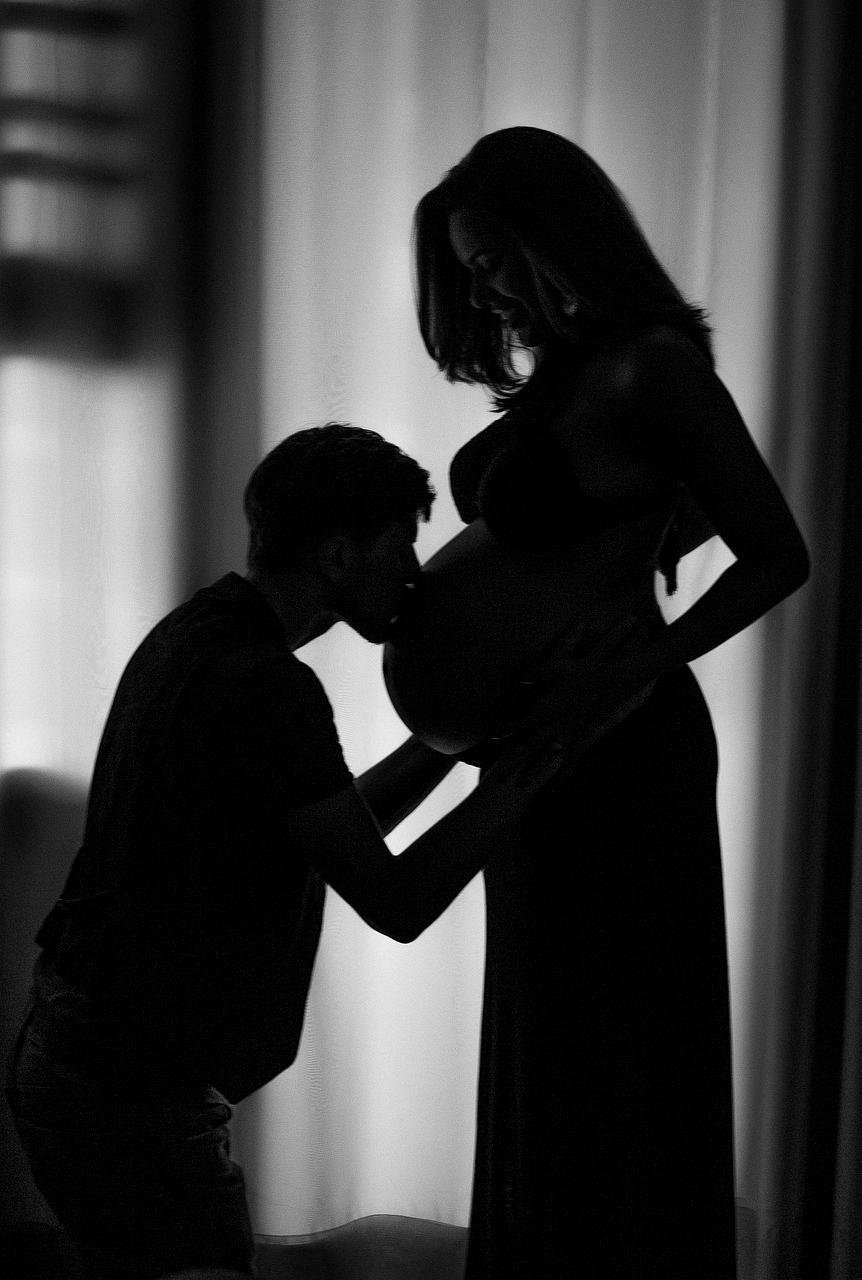Alcohol and pregnancy is a topic that sparks much debate and concern among expectant mothers. The question of whether alcohol can affect pregnancy before a positive test is a valid one that requires deeper exploration. It’s crucial to understand that there is no safe amount or safe time for alcohol consumption during pregnancy. The effects of alcohol on a developing fetus can be detrimental, even before a positive pregnancy test.
Research has shown that alcohol can harm a developing baby at any stage of pregnancy. This means that alcohol consumption before a positive test can also pose risks to the fetus. Once a woman becomes pregnant, the developing baby is at risk of potential harm from alcohol exposure, whether she is aware of the pregnancy or not.
Alcohol crosses the placenta and reaches the baby’s bloodstream, potentially causing a range of problems. Even in the early stages of pregnancy, when a woman may not yet be aware she is pregnant, alcohol consumption can interfere with the baby’s development. This underscores the importance of avoiding alcohol if there is any chance of pregnancy, particularly if planning to conceive.
For women who are actively trying to conceive, it is advisable to abstain from alcohol to reduce the risk of potential harm to the baby. Because alcohol can affect pregnancy before a positive test, it is wise to adopt a cautious approach and avoid alcohol altogether if pregnancy is desired. Being proactive in this regard can help safeguard the health and well-being of the future baby.
While the body’s earliest pregnancy symptoms may not yet be apparent, the developing baby is vulnerable to the effects of alcohol. It is crucial to prioritize the health of the baby from the moment conception is possible. Even before a positive test, alcohol consumption can have lasting consequences on the baby’s growth and development.
Some women may unknowingly consume alcohol during the early stages of pregnancy, putting the baby at risk without realizing it. This further emphasizes the importance of recognizing the potential impact of alcohol on pregnancy, regardless of whether a positive test has been confirmed. Taking precautions and making informed choices can help mitigate these risks.
Seeking professional guidance and support can also be beneficial for women who have concerns about alcohol consumption and pregnancy. Healthcare providers can offer personalized advice and resources to promote a healthy pregnancy. Open and honest communication with a healthcare provider is key in ensuring the well-being of both the mother and the developing baby.
It is essential for women to be proactive and vigilant in safeguarding the health of their future child, starting from the earliest stages of pregnancy. By making informed decisions and prioritizing the baby’s well-being, women can create a supportive environment for fetal development and growth. Avoiding alcohol before a positive test is an important step in promoting a healthy pregnancy.
Ultimately, the potential risks associated with alcohol consumption during pregnancy highlight the need for caution and awareness, even before a positive test. By understanding the implications of alcohol on fetal development, women can take proactive steps to protect the health of their baby and promote a safe and nurturing environment for growth.
In conclusion, the effects of alcohol on pregnancy can extend to the earliest stages, before a positive test is confirmed. It is essential for women to be mindful of the potential risks and make conscious choices to prioritize the health and well-being of their future child. Avoiding alcohol during the preconception and pregnancy period is a proactive measure that can have lasting benefits for the baby’s development and overall health.

